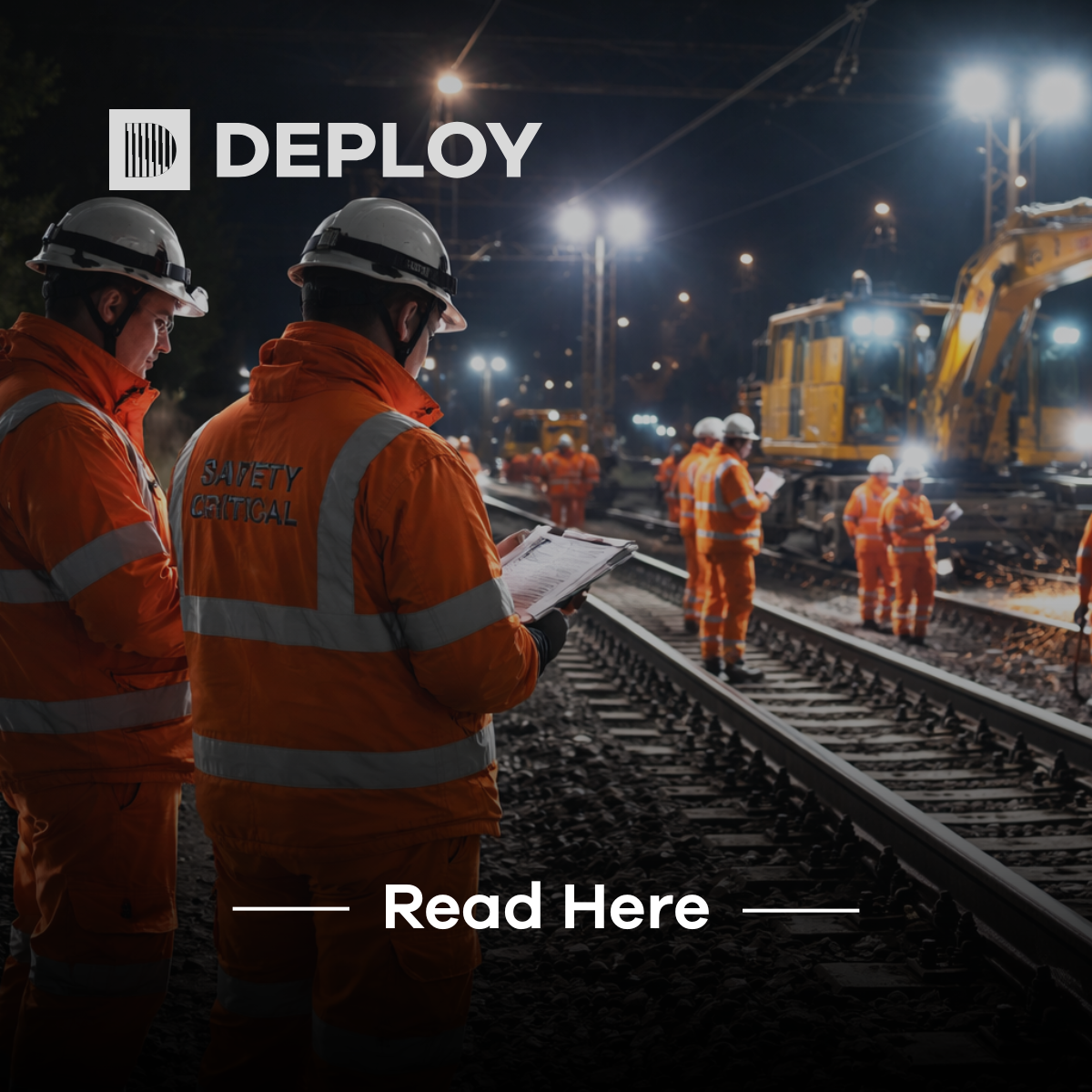The Urgent Case for Workforce Continuity in UK Infrastructure
With ongoing commitments to decarbonisation, digital connectivity, and regional regeneration, the demand for highly skilled professionals within the built environment, transport, and energy sectors has intensified as the pace and scale of infrastructure investment across the United Kingdom show little sign of slowing. Yet while the pipeline of projects is strong -from high-speed rail corridors and offshore wind farms to upgrades in water, power, and urban mobility - the sustainability of the workforce delivering them remains a growing concern.
Workforce continuity, often overlooked in the urgency to mobilise talent at speed, is emerging as one of the most critical challenges facing project delivery organisations. It is not merely about retaining individuals from one phase of a project to the next; rather, it is about ensuring that institutional knowledge, technical consistency, and team cohesion are preserved in ways that reduce risk, improve performance, and safeguard long-term value. Fragmentation - whether caused by disjointed subcontracting arrangements, stop-start funding, or short-term recruitment practices - introduces inefficiencies that multiply exponentially across complex infrastructure timelines.
The implications of this fragmentation are neither abstract nor inevitable. When skilled professionals leave a project prematurely or are redeployed without effective handovers, the result is often rework, safety risk, and a breakdown in trust between delivery partners. Even more critically, it undermines the ability of the sector to build the kinds of long-term careers that will attract the next generation of engineers, technicians, and operational specialists. In a climate where young talent is increasingly mobile and values-led, a revolving-door employment model will not inspire the confidence or loyalty needed to meet the sector’s future needs.
At Deploy, we have long argued that workforce planning must evolve beyond transactional hiring. The future of successful infrastructure delivery lies in long-term workforce partnerships, those that are embedded within the lifecycle of a project, aligned with its strategic goals, and able to anticipate skill shifts and resourcing gaps before they become operational liabilities. This is not simply about better scheduling; it is about better stewardship. Our work with clients across rail, energy, and engineering shows that where a considered, proactive, and project-integrated recruitment strategy is in place, not only are retention rates higher, but productivity and safety outcomes are measurably improved.
As policymakers and industry leaders turn their attention to skills pipelines and labour market resilience, we must remember that true continuity is about more than qualifications, it is about relationships, reputation, and readiness. That is why Deploy continues to invest in workforce development, compliance-led mobilisation, and strategic candidate support, not just to fill roles today, but to future-proof the sectors we serve.
If your organisation is seeking a partner that can deliver workforce continuity, not just capacity, we invite you to connect with Deploy. Let us help you build a team that stays, grows, and delivers project after project.






